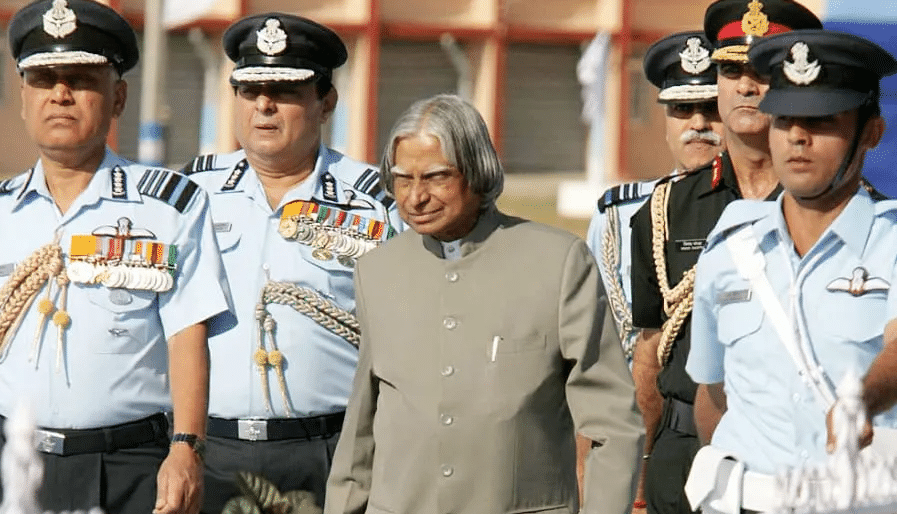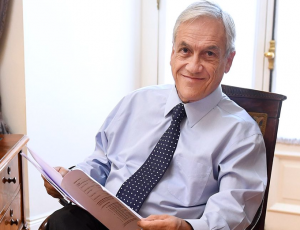Born in the town of Rameswaram, Tamil Nadu, APJ Abdul Kalam went on to become the 11th President of India. Kalam who was an Indian aerospace scientist spent four decades at the Defence Research and Development Organisation (DRDO) and the Indian Space Research Organisation (ISRO) spearheading India’s Pokhran-II nuclear tests in 1998.
Born on October 15, 1931, in a family of a boat-owner, Kalam’s childhood was one of resilience and fortitude, he sold newspapers at a tender age to supplement his family’s income.
Having graduated from the Madras Institute of Technology in 1960, Kalam joined the DRDO in the capacity of a scientist. Kalam designed helicopters for the Indian army.
Also read: How ‘India’s missile man’, APJ Abdul Kalam, catapulted India in the space race
Kalam witnessed the country’s first nuclear test in 1974 and played an instrumental in developing key ballistic missiles like the Agni and Prithvi. Kalam also served as the Chief Scientific Adviser to the Prime Minister between 1992 and 1999.
Kalam played a fundamental role in the development of India’s nuclear mission, the Pokhran-II nuclear tests were conducted under his supervision.
Kalam was elected to the role of Indian’s President in 2002 and fulfilled his tenure till 2007.
Popularly known as India’s missile man, Kalam earned respect and adulation from Indian citizen and came to be known as the “People’s President.”
Also Read | A look back into the life of ‘India’s Missile Man’ APJ Abdul Kalam
Post-presidency Kalam became a visiting professor at the Institute of Management of Shillong, Ahmedabad and Indore. He also became a professor of Aerospace Engineering at the Anna University and Banaras Hindu University.
Kalam also penned several books, the most riveting being Wings of Fire: An Autobiography and Mission India: A Vision of Indian Youth. A lifelong bachelor, Kalam dedicated his life to serve the nation, said his brother’s grandson APJ MJ Sheikh Saleem.
In his lifetime Kalam received seven Honorary Doctorates from 40 Universities in the world and was conferred by the Indian government in 1997. He was also awarded the Padma Bhusan and Padma Vibhushan.
A teacher, philosopher, author and scientist, Kalam was a man of frugal needs and was noted for his simple lifestyle. ‘Respect for other faiths’ was a cornerstone of his belief system, and he also believed in syncretism







